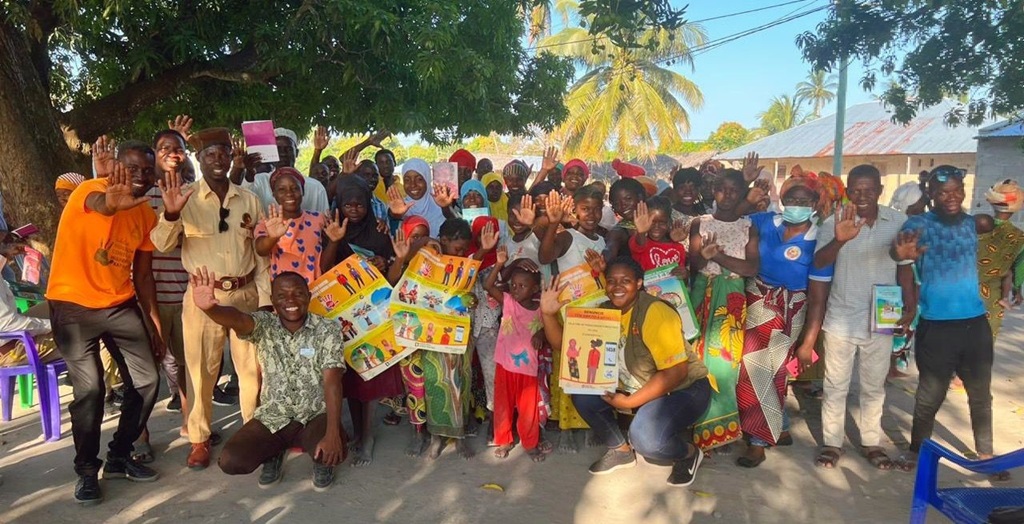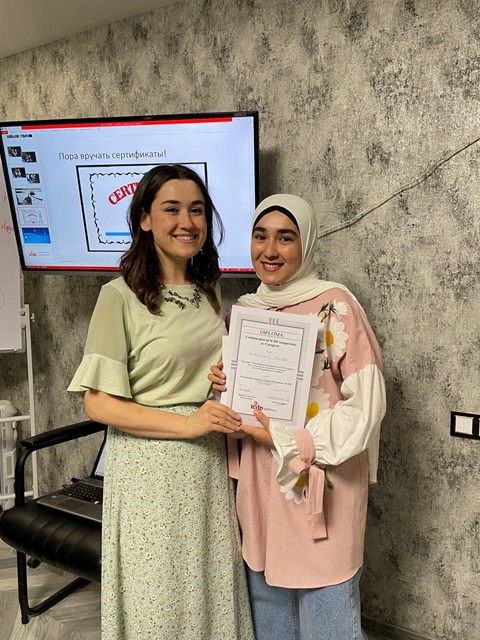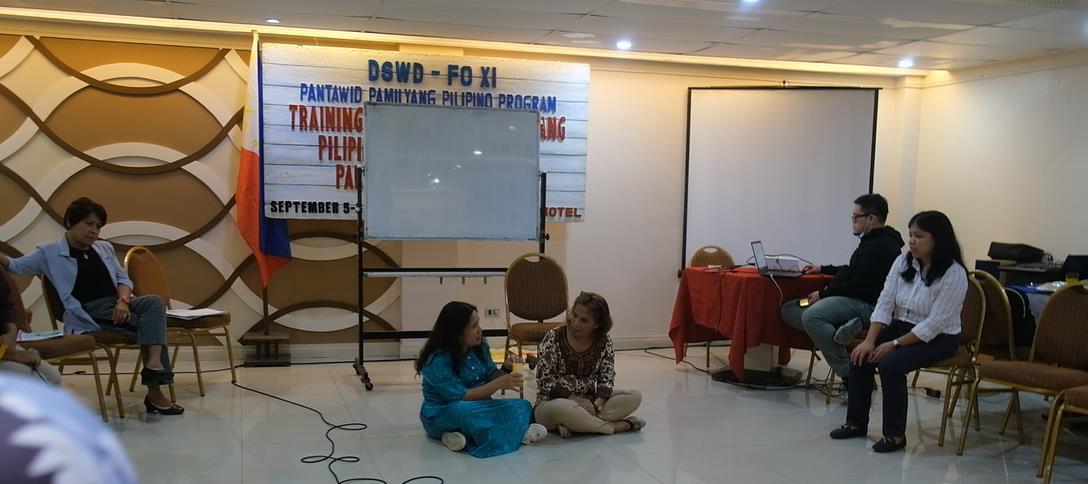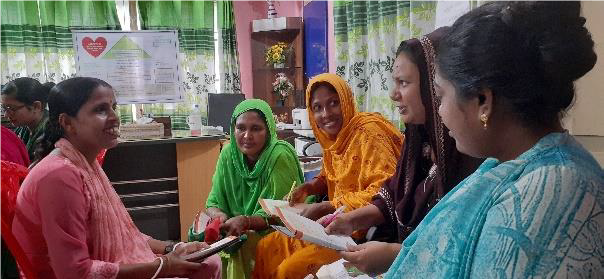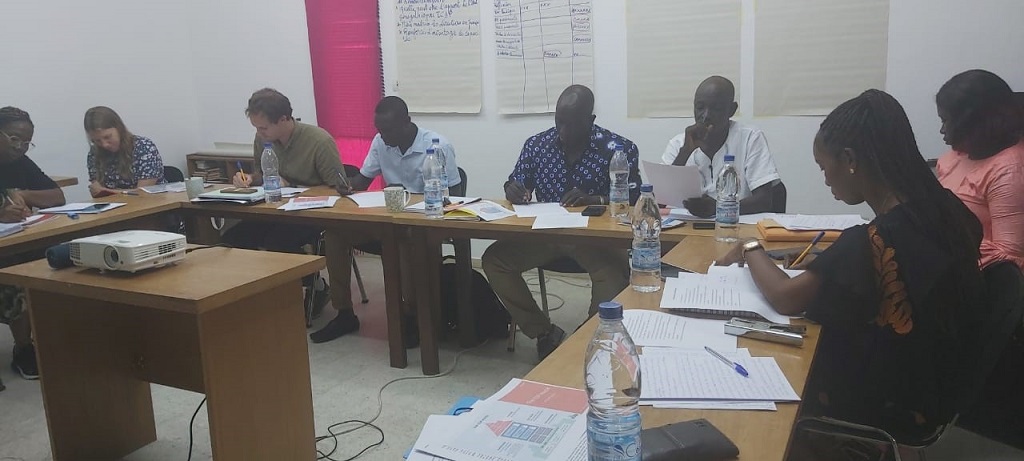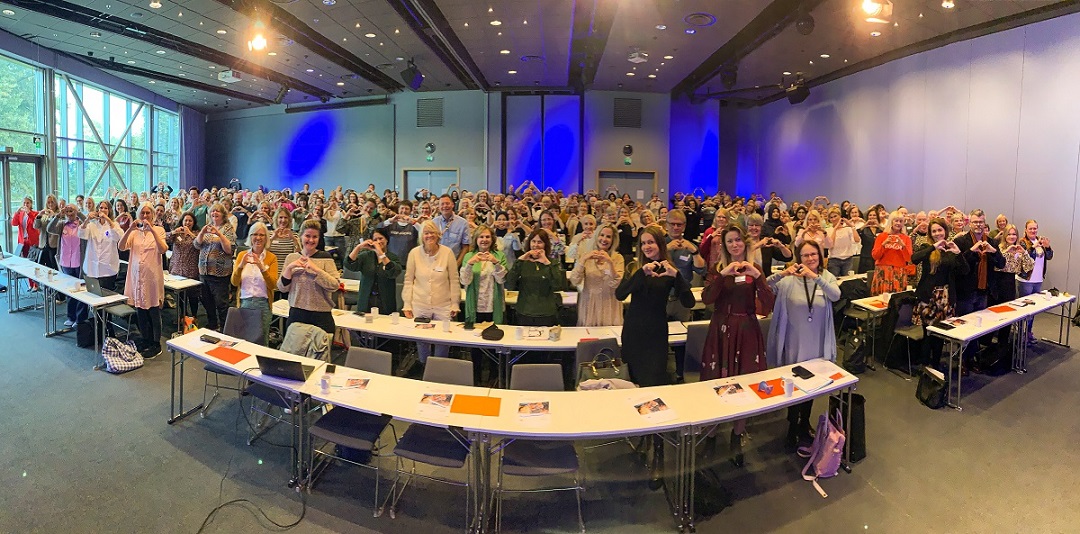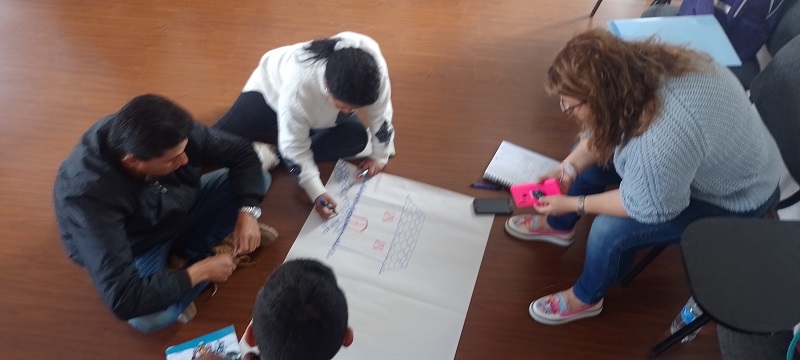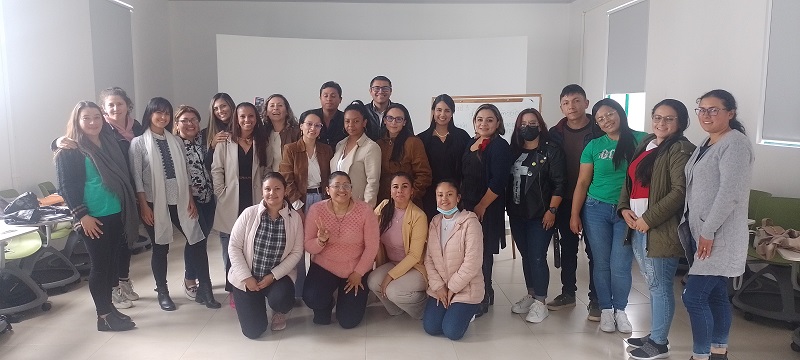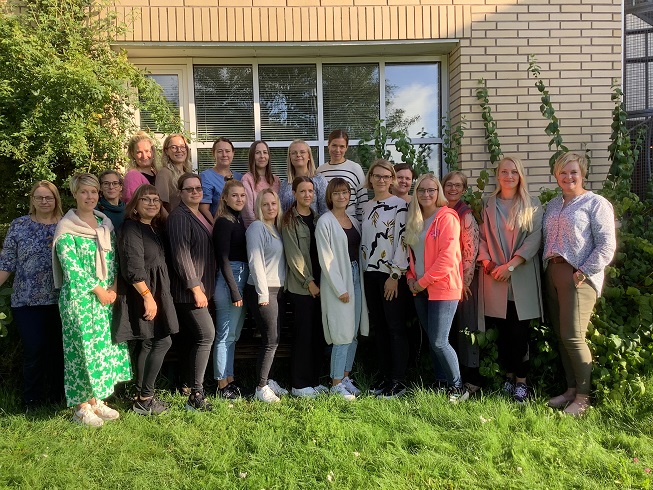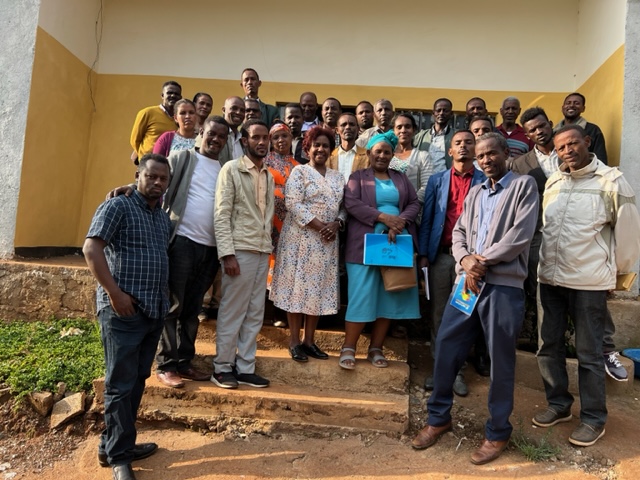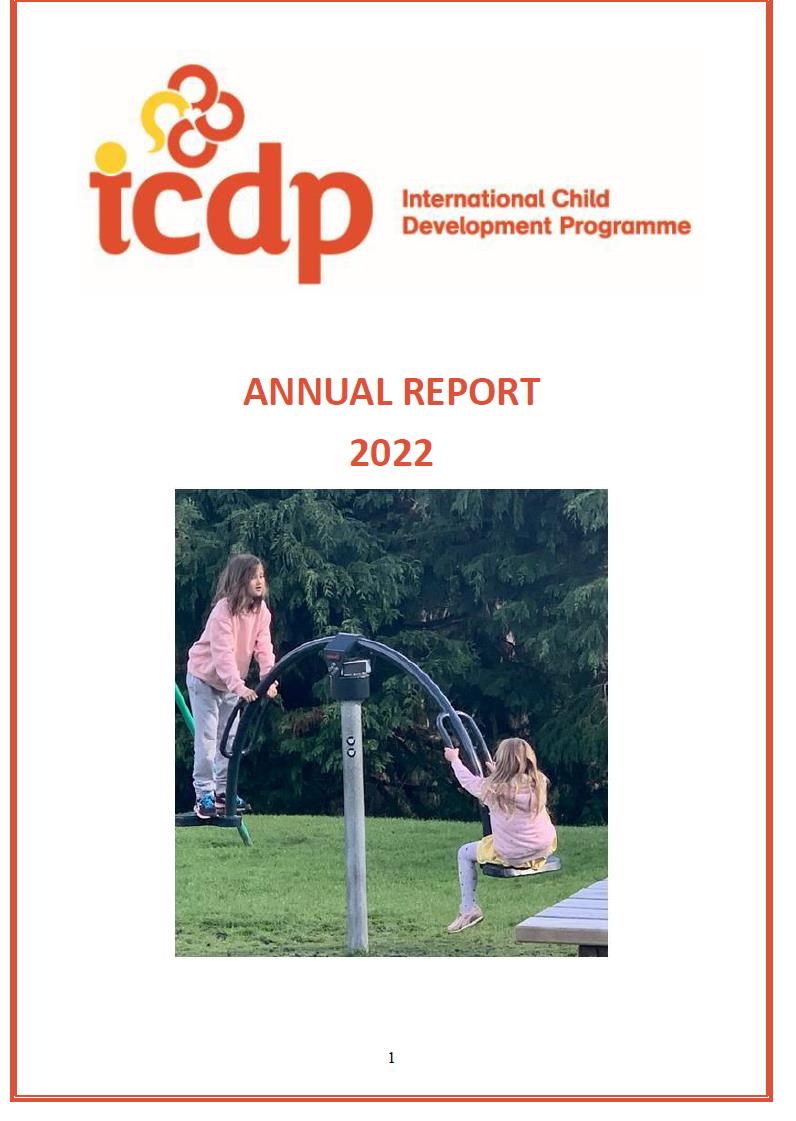In Mozambique, after one year of operation, the Technical Assistance Programme for the Elimination of Child Marriage is expanding to the province of Sofala, covering two districts. This news is important as using the ICDP Programme we focus on combating both violence against children and early unions, which disrupt the comprehensive development of children, their pursuit of dreams and academic aspirations, and consequently, hinder the country’s overall progress.
The programme is already present in 11 districts spanning the provinces of Nampula and Zambézia, and now, Sofala. This expansion serves as a significant benchmark of our performance. In addition, it is a notable achievement that over the past year, we have exceeded the goal of 37 cases per district, with 500 cases being treated in each district.
Early unions represent a cultural challenge that affects many families. Often, young individuals are pressured to marry early in search of improved living conditions. Our programme aims to break this cycle with the involvement of government institutions, community leaders, traditional and religious leaders. We work not only on prevention but also on treating existing cases, referring them to the justice system and reintegrating young women into their families and communities while providing crucial psychological care and support.
This expansion marks a significant stride in our mission to eliminate early unions and ensure a brighter future for the young women of Mozambique. We extend our gratitude for the continued support from our partners, as together, we are making a difference in the lives of young individuals and communities across the country.

